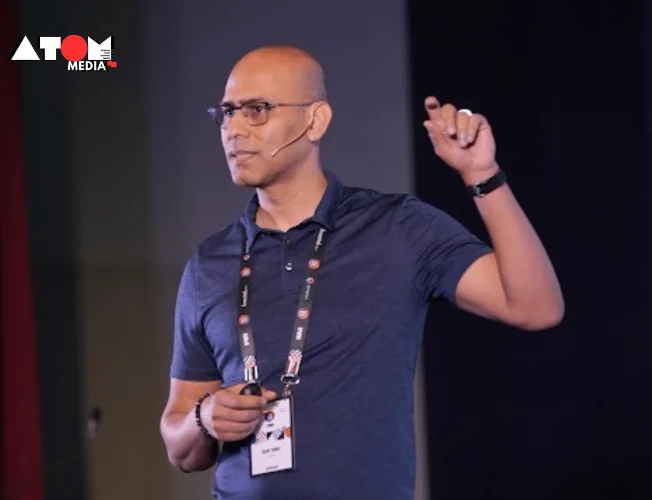At TechSparks 2024, Rajat Pandit, Head of Customer Engineering for Digital Natives at Google Cloud, delivered a compelling address on the pivotal role of artificial intelligence (AI) in fostering growth and efficiency among startups. Pandit emphasized that AI is not merely a futuristic concept; rather, it is a potent tool available today that can significantly enhance business operations and competitive positioning.
Pandit articulated the transformative potential of AI, illustrating how it empowers emerging companies to gain a competitive edge and achieve substantial business outcomes. “At Google, we believe that AI can solve complex problems and improve lives in real-time,” he asserted, showcasing the diverse applications of AI, from optimizing supply chain efficiency to employing satellite technology in efforts to combat methane emissions.
Flexibility and Functionality in AI Implementation
Shifting focus to the technical intricacies of AI implementation, Pandit underscored the importance of flexibility in model selection. “Choosing the right model for the right job at the right price is essential,” he explained. With Google’s Model Garden, startups have access to a variety of first-party and open-source models, enabling them to tailor solutions that meet their specific needs. “Once you understand the landscape, tuning and expanding capabilities becomes seamless,” he added, highlighting the critical role of machine learning operations (MLOps).
Pandit also introduced an “agent builder” that integrates various AI capabilities, stating, “AI is more than just models; it’s about building workflows that differentiate your product in the market.” By advocating for a standardized platform, he conveyed that true innovation arises from how startups apply these technologies to address real-world challenges.
Multi-Modal AI: A Game Changer for Startups
One of the standout features discussed by Pandit was the multi-modal capabilities of AI, particularly in the newly released Gemini model. “This model can understand text, video, audio, and code—all in the same context,” he said. He painted a vivid picture of its potential, saying, “Imagine sending a large video and asking it to analyze individual frames—that’s the power of our latest technology.”
Pandit also highlighted Google’s advancements in video and audio generation tools. “With our text-to-video capabilities, you can create dynamic content effortlessly,” he remarked, showcasing how simple prompts can lead to the generation of complex videos. Additionally, he detailed the audio generation features, stating, “We can create custom voices and even dub existing videos in multiple languages with lip-syncing.” This level of innovation opens new avenues for content creation across various industries.
Enhanced Search Capabilities and Trust in Google Cloud
Pandit shared insights into the grounding for Google’s search feature, allowing AI models to provide responses based on up-to-date, authoritative sources. “This ensures that your responses are not just accurate but also relevant. Now you can plug your data sources directly into our models, creating structured and validated output,” he explained.
Underscoring the trust that startups place in Google Cloud for their infrastructure needs, he stated, “Many emerging companies are building their stacks on Google Cloud because we provide the necessary building blocks for innovation.” This trust reflects Google’s commitment to fostering an environment where startups can thrive and fully leverage the power of AI.
Read more: Marketing News, Advertising News, PR and Finance News, Digital News





